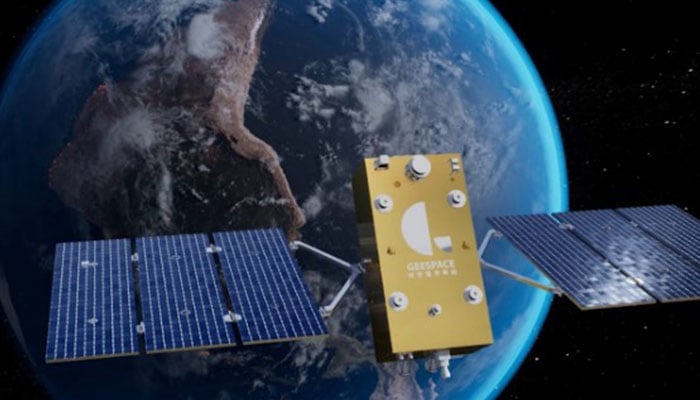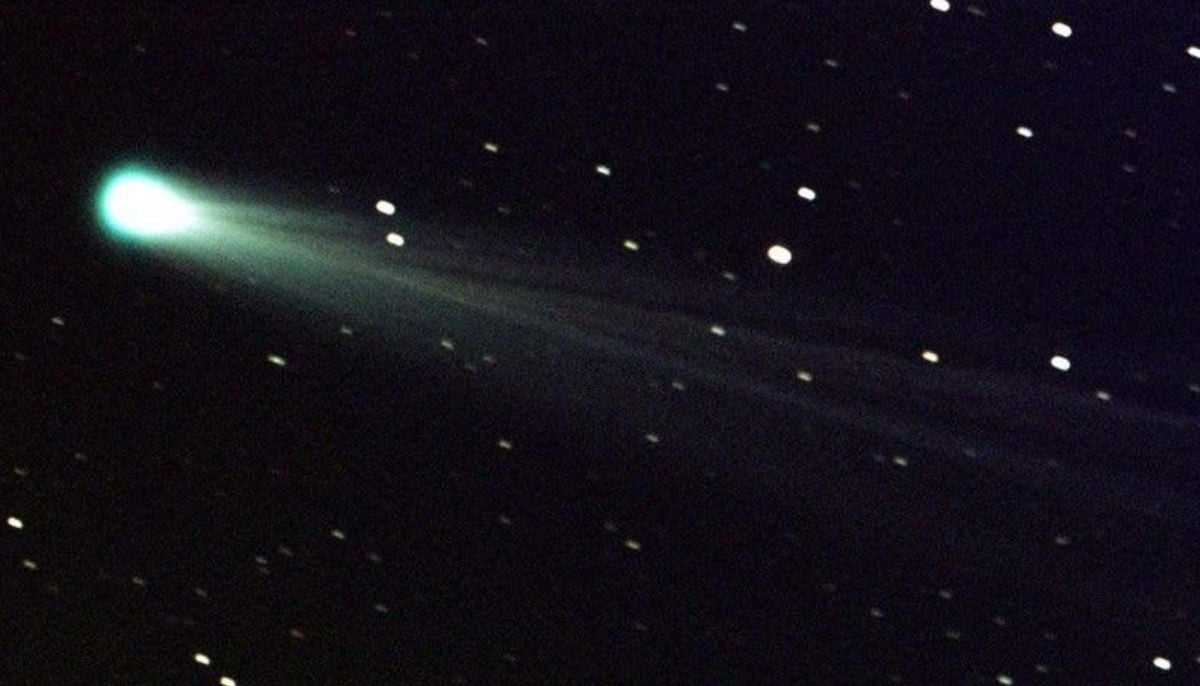China's Geespace launches 10 satellites as part of plan to equal Elon Musk's Starlink
Chinese company plans to build constellation of nearly 6,000 LEO satellites to provide global broadband
BEIJING: Chinese company Geespace announced on Friday that it launched a third batch of satellites as part of its plan to form a mega constellation it described as China's equivalent of Elon Musk' owned Space X's Starlink.
According to the company, backed by automaker Geely, the Low Earth Orbit (LEO) satellites were launched from the Taiyuan Satellite Launch Centre, located in the northern province of Shanxi.
LEO satellites usually operate at altitudes of 300-2,000 km (186-1243 miles) above the Earth's surface and have the advantage of being cheaper and provide more efficient transmission than satellites at higher orbits.
"With this latest launch, the constellation now includes 30 satellites, covering 90% of the globe with 24-hour communication services," it added.
"This deployment marks the first time a Chinese commercial aerospace company has offered LEO satellite communication on a global scale," Geespace noted.
The carmaker's Geely Technology Group created Geespace to research, launch, and operate low-orbit satellites in 2018.
Geespace placed its first 20 satellites in orbit in two separate launches in 2022 and earlier this year.
The company plans to build a constellation of nearly 6,000 LEO satellites that would provide global broadband, the company said, describing the constellation as "China's private equivalent to 'Starlink'".
It is to be noted that SpaceX's Starlink is a growing commercial broadband constellation that has about 5,500 satellites in space and is used by consumers, companies and government agencies.
Starlink has tens of thousands of users in the United States and plans to add tens of thousands more satellites to its system, the largest of its kind.
Geespace's Friday satellite launch is part of its first construction phase for its constellation, which aims to put 72 satellites in orbit to service over 200 million users worldwide by the end of 2025.
The second phase will add 264 satellites for mobile phone communications, while the third phase will launch 5,676 satellites for high-speed broadband.
Geespace is one of several Chinese firms hoping to top Starlink.
Last month, state-owned enterprise Shanghai Spacecom Satellite Technology (SSST) launched a batch of LEO satellites from Taiyuan for its "Thousand Sails Constellation", also known as the "G60 Starlink Plan".
SSST's plan is to launch 108 satellites this year, 648 satellites by the end of 2025 and have 15,000 satellites deployed before 2030.
-
Climate change vs Nature: Is world near a potential ecological tipping point?
-
125-million-year-old dinosaur with never-before-seen spikes stuns scientists in China
-
Scientists stunned as shark appears for first time in Antarctic Southern Ocean waters
-
New study suggests universe can end in ‘Big Crunch’ in 20bn years
-
Hidden Venus: New data discovers massive underground Lava Tube
-
‘Earth is defenseless against city-killer asteroids’: NASA issues stark warning
-
Annular solar eclipse 2026: Where and when to see the ‘Ring of fire’
-
Bright green comet C/2024 E1 nears closest approach before leaving solar system












